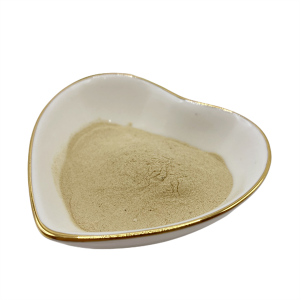In the face of climate change and increasing environmental stress, researchers are turning their attention to proline, an amino acid that plays a key role in plant stress resistance. Proline is known for its ability to help plants cope with a variety of abiotic stresses, including drought, salinity, and temperature extremes.
What is proline?
Proline is a non-essential amino acid that accumulates in plants under stress conditions. It acts as an osmoprotectant and helps stabilize proteins and cell structures, thus protecting plants from damage.
 |
 |
Benefits of Proline in Stress Response
Osmoregulation: Proline helps maintain osmotic balance within plant cells, allowing them to retain water under drought conditions. This is essential for maintaining cell function and overall plant health.
Protein stabilization: By stabilizing proteins and cell membranes, proline can protect plants from degeneration and damage caused by stress.
Antioxidant Properties: Proline has been shown to have antioxidant properties that help reduce oxidative stress caused by environmental factors.
Growth promotion: Studies have shown that proline accumulation can promote growth even under stress conditions, allowing plants to continue to develop in adverse environments.
In conclusion
As the agricultural sector seeks sustainable solutions to combat the effects of climate change, proline becomes a key player in enhancing plant resilience.
Post time: Sep-30-2024




